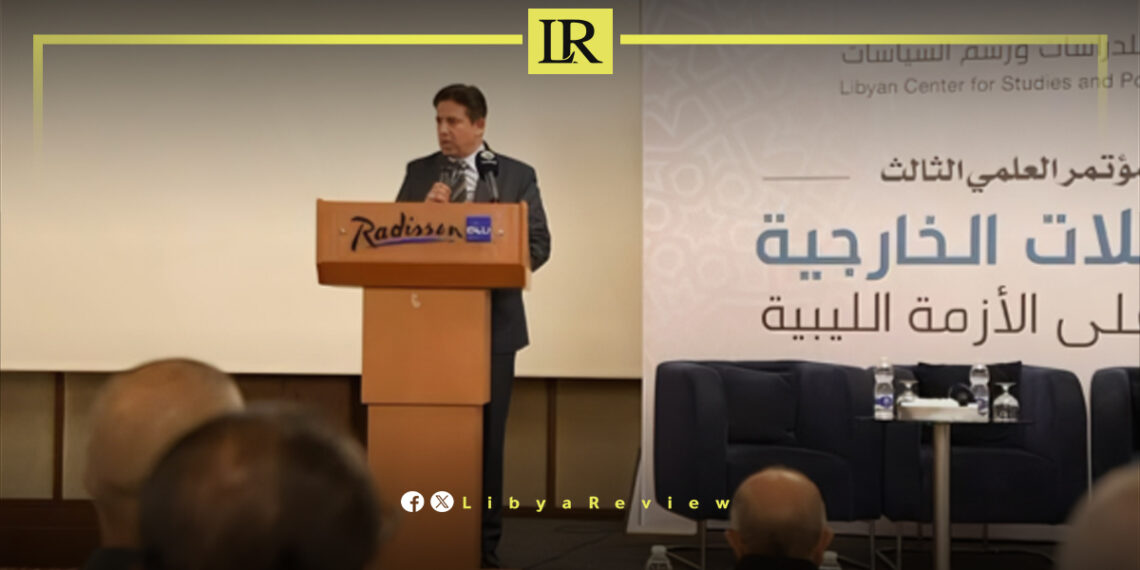Yousef Al-Agouri, Chairman of the Foreign Affairs and International Cooperation Committee in the Libyan House of Representatives, emphasized the importance of ongoing consultations between Libya and Germany to better assess needs and evaluate outcomes.
This statement came during Al-Agouri’s meeting with Christoph Rauh, Director of North Africa at Germany’s Federal Ministry for Economic Cooperation and Development, along with his accompanying delegation. The meeting discussed the current German cooperation programs in Libya and exchanged views on several related topics.
The discussions focused on international cooperation with Germany, particularly in areas such as technical support for decentralization and the transition to democracy.
The German delegation reaffirmed their commitment to continuing programs aimed at knowledge transfer and experience sharing.
Al-Agouri expressed gratitude to Germany for its role in supporting Libya’s development and stability. He also urged that cooperation programs ensure equitable geographic distribution and prioritize municipalities with the greatest need for improved services.
Both parties agreed to maintain consultation and coordination to overcome challenges and maximize the benefits of cooperation programs with Germany.
Libya has been in chaos since a NATO-backed uprising toppled longtime leader Muammar Gaddafi in 2011. The county has for years been split between rival administrations.
Libya’s economy, heavily reliant on oil, has suffered due to the ongoing conflict. The instability has led to fluctuations in oil production and prices, impacting the global oil market and Libya’s economy.
The conflict has led to a significant humanitarian crisis in Libya, with thousands of people killed, and many more displaced. Migrants and refugees using Libya as a transit point to Europe have also faced dire conditions.
The planned elections for December 2021 were delayed due to disagreements over election laws and the eligibility of certain candidates. This delay has raised concerns about the feasibility of a peaceful political transition.
Despite the ceasefire, security remains a significant concern with sporadic fighting and the presence of mercenaries and foreign fighters. The unification of the military and the removal of foreign forces are crucial challenges.


